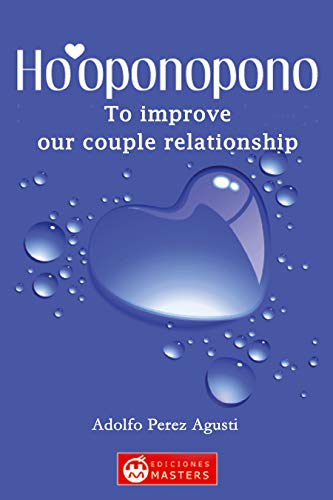Imagine being able to mend broken bonds within your family and create a harmonious atmosphere, all through a simple practice known as Ho’oponopono. This ancient Hawaiian healing technique has gained popularity for its ability to resolve conflicts and restore balance in relationships. In this article, we will explore whether Ho’oponopono can truly be used to improve family relationships and how its principles can be applied in your own life. Get ready to embark on a transformative journey of healing and connection.
What is Ho’oponopono?
Ho’oponopono is a traditional Hawaiian practice that focuses on healing and reconciliation within relationships, including family relationships. The word “Ho’oponopono” can be translated to mean “to make right” or “to correct” in the Hawaiian language. It is based on the belief that problems and conflicts within relationships stem from past wounds, traumas, and negative energy that need to be addressed and cleared in order to restore harmony and well-being.
Understanding Family Relationships
The importance of healthy family relationships
Healthy family relationships are vital for the overall well-being and happiness of all family members. A strong sense of connection, love, and support within the family unit creates a nurturing environment where individuals can thrive and grow. Healthy family relationships provide a sense of belonging, security, and stability. They also play a crucial role in shaping an individual’s self-esteem, emotional development, and social interactions.
Common challenges in family relationships
Family relationships can face various challenges that can strain the bond between family members. These challenges may include communication problems, unresolved conflicts, differing values or beliefs, lack of empathy or understanding, and past hurts or traumas. These challenges can lead to strained relationships, tension, and even breakdowns within the family unit, causing emotional distress and negative impacts on the overall well-being of all family members.
Effects of strained family relationships
Strained family relationships can have far-reaching effects on individuals and the family as a whole. They can lead to increased stress, anxiety, and emotional turbulence for all family members. Strained relationships can also result in decreased trust, limited communication, and a breakdown of support systems within the family. Children may be particularly affected, experiencing difficulties in their development, academic performance, and future relationships. It is crucial to address and heal these strained relationships to create a healthier and more harmonious family dynamic.
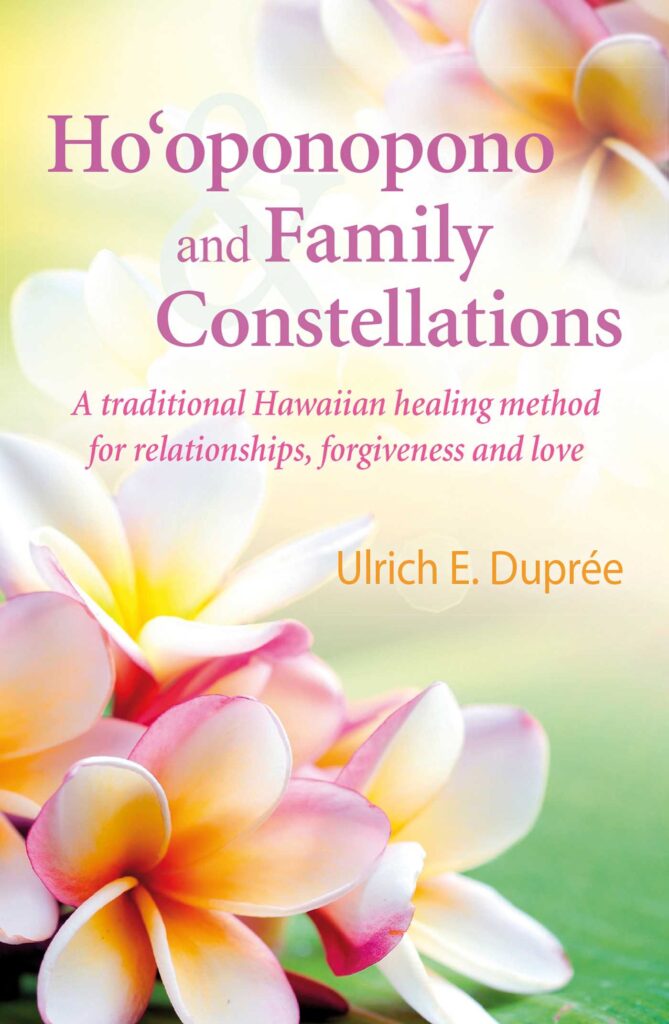
Applying Ho’oponopono to Family Relationships
The principles of Ho’oponopono
Ho’oponopono is based on four key principles: repentance, forgiveness, gratitude, and love. Repentance involves taking responsibility for the relationship issues and acknowledging one’s role in them. Forgiveness is essential for letting go of resentments, grudges, and past hurts. Gratitude is about expressing appreciation for the positive aspects of the relationship and focusing on what is going well. Love is the foundation of healing and restoring connection within family relationships.
Empathy and forgiveness in family relationships
Empathy and forgiveness are fundamental aspects of Ho’oponopono when applied to family relationships. Developing empathy allows us to understand and acknowledge the emotions and experiences of our family members. It enables us to see their perspectives, validate their feelings, and create a safe space for open communication and understanding. Additionally, forgiveness is a powerful tool for releasing negativity and promoting healing within family relationships. It allows us to let go of grudges, and instead, focus on building a more positive and compassionate connection with our loved ones.
Clearing negative energy within the family
Ho’oponopono emphasizes the importance of clearing negative energy within family relationships. Negative energy can be generated from past conflicts, misunderstandings, or unresolved issues. It can manifest as resentment, anger, or emotional distance. By acknowledging and addressing this negative energy through Ho’oponopono, it becomes possible to cleanse and purify the relationship, creating space for positive energy to flow and promoting healing and reconciliation.
Healing past wounds and traumas
Family relationships can be affected by past wounds and traumas, which can hinder the development of healthy bonds and create ongoing conflicts. Ho’oponopono offers a path towards healing these wounds and traumas by encouraging individuals to take responsibility for their part in the dysfunction and seek forgiveness for themselves and others. By addressing these past wounds and traumas, family members can work towards healing and restoring the connection, creating a healthier and more nurturing environment for everyone involved.
Promoting open communication and understanding
Open communication and understanding are vital components in improving family relationships through Ho’oponopono. Creating a safe space for family members to express their thoughts, emotions, and needs fosters an environment of trust, empathy, and connection. Ho’oponopono encourages active listening, non-judgment, and validating the feelings of others. These practices facilitate effective communication, enhance understanding, and foster greater harmony within family relationships.
Steps to Practice Ho’oponopono within Your Family
Accept responsibility for the relationships
The first step in practicing Ho’oponopono within your family is to accept responsibility for the state of the relationships. Recognize that you have a role to play in the dynamics and that change begins with your willingness to take ownership of your part. By accepting responsibility, you empower yourself to make a difference and create positive changes within your family relationships.
Repeat the Ho’oponopono phrases as a mantra
Ho’oponopono involves the repetition of specific phrases or mantras that help shift the energy and bring healing to the relationships. These phrases are: “I’m sorry, please forgive me, thank you, I love you.” By repeating these phrases with sincerity and intention, you are expressing repentance, seeking forgiveness, expressing gratitude, and affirming love towards your family members. These phrases serve as a reminder of your commitment to healing and improving the relationships.
Let go of expectations
Letting go of expectations is crucial when practicing Ho’oponopono within your family. Often, strained relationships are accompanied by unmet expectations and the desire for others to change. Ho’oponopono teaches us that change begins within ourselves, and by releasing attachment to specific outcomes or expectations, we create space for new possibilities and transformations within the relationships. Focus on your own growth and healing, and trust that positive changes will ripple through the family dynamic.
Practice self-reflection and self-forgiveness
Engaging in regular self-reflection is a key aspect of practicing Ho’oponopono within your family. Take the time to introspect and examine your own emotions, behaviors, and patterns within the relationships. Recognize any areas where you may have contributed to the strain or conflicts. Practice self-forgiveness for any past mistakes or shortcomings, allowing yourself to let go of guilt or shame. By cultivating self-awareness and self-forgiveness, you pave the way for healing and transformation within your family relationships.
Express gratitude and love
Expressing gratitude and love is a powerful way to nurture and strengthen family relationships. Take the time to express appreciation for the positive aspects of your family members and the relationship itself. Show acts of kindness, affirmation, and support. Express your love openly and sincerely, reinforcing the importance of the connection and fostering an atmosphere of love and understanding within your family.
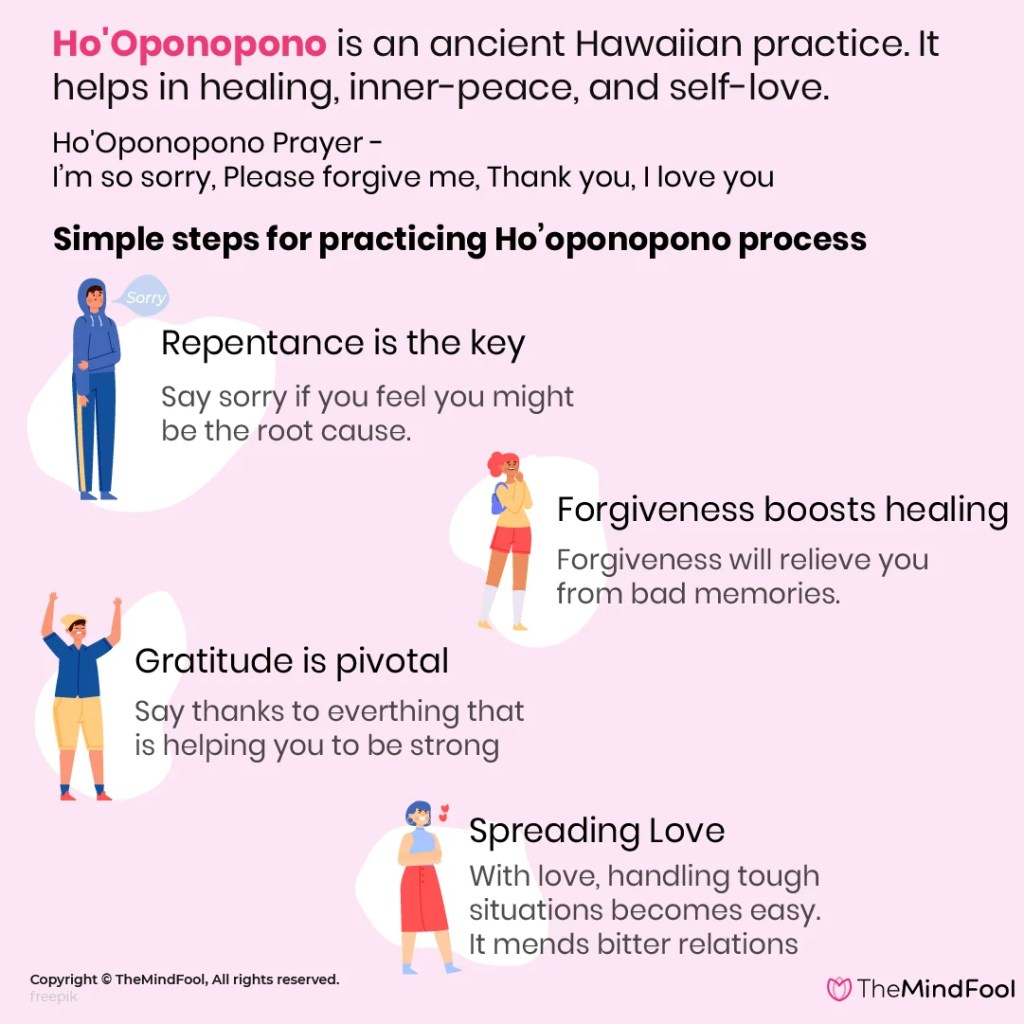
Benefits of Ho’oponopono in Family Relationships
Strengthened bond and connection
Practicing Ho’oponopono within your family can lead to a strengthened bond and connection among family members. As negative energy is cleared and forgiveness is sought, family relationships become nourished by love, understanding, and empathy. This creates a deeper sense of belonging and connection, fostering a stronger family unit.
Reduced conflicts and misunderstandings
Ho’oponopono can help to reduce conflicts and misunderstandings within family relationships. By promoting open communication, active listening, and empathy, misunderstandings can be clarified, and conflicts can be resolved more peacefully. The practice of empathy and forgiveness also cultivates a mindset of finding common ground and seeking understanding, leading to more harmonious interactions and a decrease in conflicts.
Improved emotional well-being
Practicing Ho’oponopono within family relationships can have a positive impact on the emotional well-being of all family members. By addressing and healing past wounds and traumas, individuals can experience a sense of release and relief. The practice of expressing gratitude, love, and forgiveness fosters a more positive emotional atmosphere within the family, reducing stress, anxiety, and emotional distress.
Enhanced problem-solving skills
The practice of Ho’oponopono encourages open communication, understanding, and empathy within family relationships. These qualities also enhance problem-solving skills. By fostering a safe space for everyone to share their thoughts and needs, families can work together to find effective solutions and resolve conflicts more effectively. This strengthened ability to collaborate and problem-solve improves the overall functionality and harmony within the family unit.
Case Studies: Ho’oponopono’s Impact on Family Relationships
Case study 1: Healing a strained parent-child relationship
In a strained parent-child relationship, Ho’oponopono can be transformative. By acknowledging and taking responsibility for their role in the strained relationship, the parent can seek forgiveness from the child. Through open communication, empathy, and practicing the Ho’oponopono phrases, the parent and child can begin to heal past wounds, release negative energy, and strengthen their bond. Over time, this can lead to improved trust, understanding, and a healthier dynamic within the relationship.
Case study 2: Rebuilding trust between siblings
Sibling relationships often face conflicts and rivalries, which can strain trust and connection. By practicing Ho’oponopono, siblings can engage in open dialogue, express their feelings, and seek forgiveness for any past hurts. Through the repetition of the Ho’oponopono phrases and a commitment to empathy and understanding, siblings can work towards rebuilding trust and strengthening their relationship. This can result in a deeper bond and a more supportive and loving sibling dynamic.
Case study 3: Resolving long-standing family conflicts
In families where long-standing conflicts have deeply strained relationships, Ho’oponopono can offer a path towards resolution and healing. Family members can come together in a safe and non-judgmental space to express their grievances, seek forgiveness, and work towards reconciliation. Through the principles of Ho’oponopono, including empathy, forgiveness, gratitude, and love, family members can release negative energy, heal past wounds, and rebuild the connection. This can lead to the restoration of harmony and well-being within the family unit.
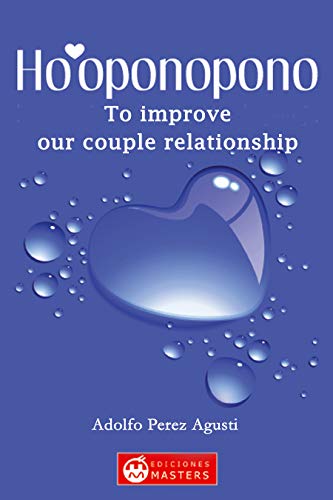
Additional Resources for Practicing Ho’oponopono
Books on Ho’oponopono and family relationships
There are several books available that delve into the practice of Ho’oponopono and its application in family relationships. These books offer guidance, insights, and practical exercises to help individuals and families navigate and improve their relationships. Some recommended books include:
- “Ho’oponopono: The Hawaiian Forgiveness Ritual as the Key to Your Life’s Fulfillment” by Ulrich E. Duprée
- “Zero Limits: The Secret Hawaiian System for Wealth, Health, Peace, and More” by Joe Vitale and Ihaleakala Hew Len
- “The Book of Ho’oponopono: The Hawaiian Practice of Forgiveness and Healing” by Luc Bodin and Nathalie Bodin Lamboy
Workshops and courses on Ho’oponopono
Attending workshops or courses on Ho’oponopono can provide a more immersive and hands-on experience in learning and practicing this ancient Hawaiian healing technique for family relationships. These workshops typically include teachings, guided meditations, and practical exercises that can deepen your understanding of Ho’oponopono and its application in healing family relationships. Seek out local or online workshops facilitated by experienced practitioners to get the most out of your learning experience.
Online forums and support groups
Engaging in online forums and support groups focused on Ho’oponopono and family relationships can offer a sense of community, support, and shared experiences. These platforms provide opportunities to connect with others who are also practicing or interested in Ho’oponopono. It allows for the exchange of ideas, insights, and practical advice on integrating Ho’oponopono into family life. Connect with like-minded individuals who can provide support, encouragement, and additional resources to support your Ho’oponopono journey within your family.
Tips for Overcoming Challenges in Practicing Ho’oponopono
Resistance from family members
When introducing Ho’oponopono to your family, you may encounter resistance from some family members. It is essential to approach the practice with patience, understanding, and respect for their boundaries. Communicate openly about your intentions, the benefits you believe it can bring, and invite them to participate voluntarily. Avoid forcing or pressuring anyone to engage in the practice if they are not ready. Leading by example and demonstrating the positive changes it brings to your own attitude and behavior can inspire curiosity and willingness from others over time.
Dealing with deep-rooted family issues
Ho’oponopono can bring healing even to deep-rooted family issues, but it may require time, consistency, and professional support in some cases. If family issues involve significant trauma or complex dynamics, seeking the assistance of a therapist or counselor trained in family therapy can be beneficial. They can provide guidance, facilitate healthy communication, and offer specialized interventions that complement the practice of Ho’oponopono. Combining the wisdom of Ho’oponopono with professional therapeutic support can lead to profound healing and transformation within family relationships.
Maintaining consistency and perseverance
Practicing Ho’oponopono within your family requires consistency and perseverance. It is an ongoing process that may encounter challenges and setbacks along the way. It is important to stay committed to the practice and maintain an open heart and mind. Consistently repeating the Ho’oponopono phrases, engaging in self-reflection, and engaging in open communication will contribute to the continuous healing and improvement of family relationships. Stay patient, trust the process, and remember that every small step and effort can have a positive impact on the dynamics within your family.
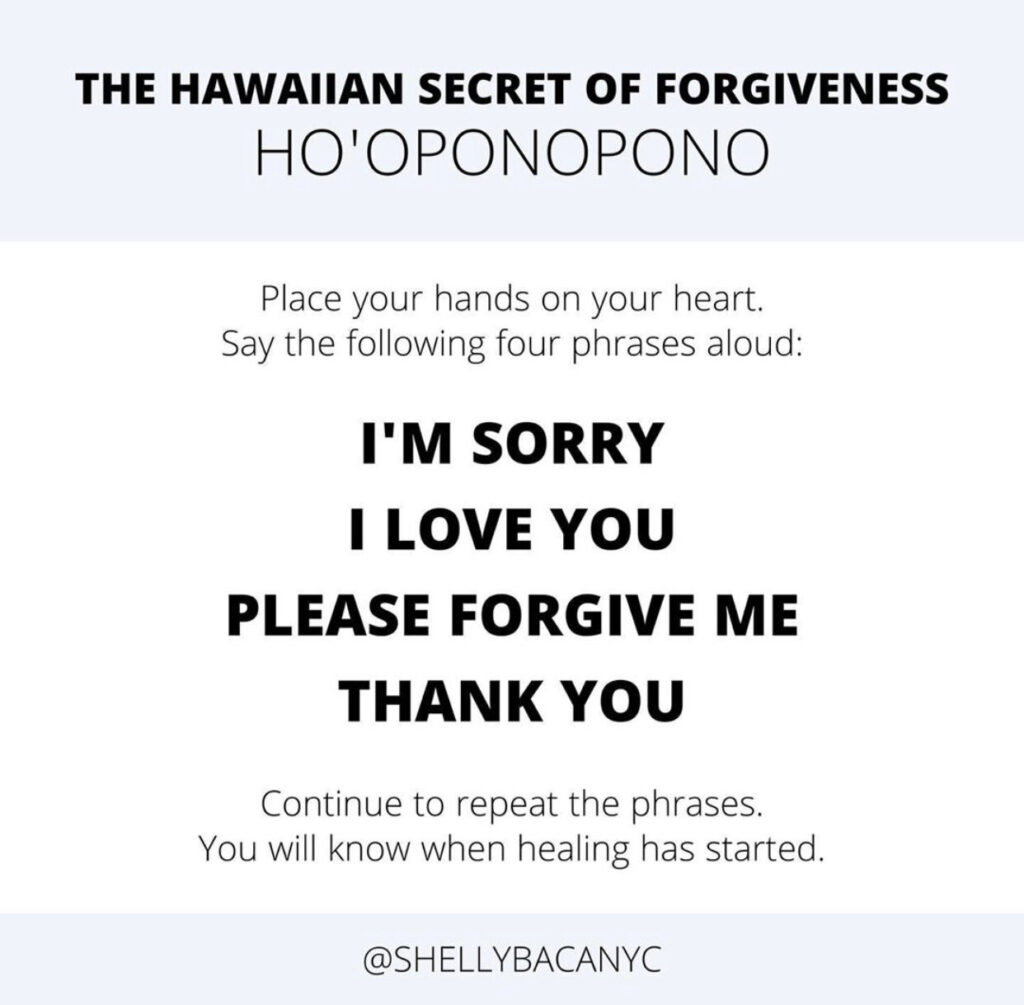
Conclusion
Ho’oponopono offers a transformative approach to healing and improving family relationships. By embracing the principles of repentance, forgiveness, gratitude, and love, individuals can take responsibility for their role in relationship challenges and work towards healing past wounds. Through open communication, empathy, and the repetition of Ho’oponopono phrases, family members can restore connection, reduce conflicts, and enhance emotional well-being. While challenges may arise, with perseverance and consistency, Ho’oponopono offers a path towards a more harmonious and loving family dynamic. Embrace the practice, cultivate understanding and empathy, and watch the positive impact unfold within your family relationships.
